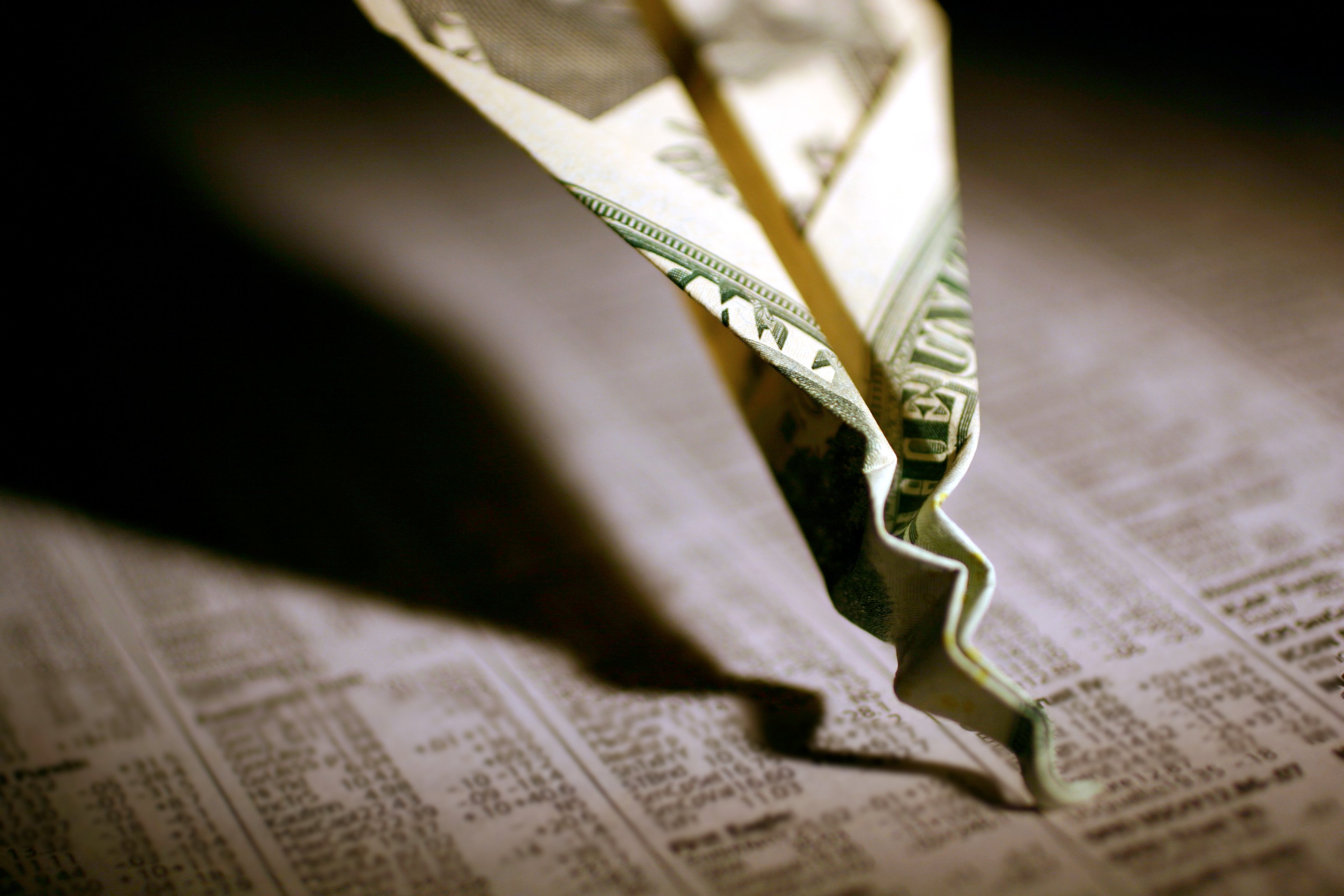Although we don't believe in timing the market or panicking over market movements, we do like to keep an eye on big changes -- just in case they're material to our investing thesis.
It's official: The allure of additional stimulus has completely worn off with investors and for the S&P 500 (INDEX: ^GSPC), which sank for the third-consecutive trading session.
With no major economic data on today's plate, the heart of the drop was due to ongoing concern over the Federal Reserve's monthly stimulus known as QE3. By purchasing $85 billion worth of U.S. long-term Treasury bonds and mortgage-backed securities each month, the U.S. central bank has been able to keep interest rates low, putting a foundation under the housing sector and allowing businesses and consumers to refinance at very favorable rates.
Continuation of this stimulus is great news for shareholders, as it's essentially free money being injected into the economy on a monthly basis to help keep long-term lending rates near historic lows. On the other hand, the Fed's decision not to taper signals the economy is weaker than many suspected and throws caution to the fact that stocks are very near an all-time high. In other words, if the economy can't stand on its own feet, why are we even close to a new record?
This debate raged throughout investors' minds today and pushed the S&P 500 lower by 8.07 points (-0.47%) to close at 1,701.84. The S&P 500 has now lost about 1.4% over the past three trading sessions.
The top performer today was a tech company you may have heard about -- Apple (AAPL 1.04%). Shares advanced 5% on the heels of robust weekend sales data for its newly released iPhone 5s and 5c, as well as news of BlackBerry's (BBRY 1.02%) reported buyout for $4.7 billion.
Starting with Apple's iPhone sales, the tech giant noted it sold 9 million of the mobile devices over the weekend. These robust sales allowed the company to narrow its guidance for Wall Street by forecasting that upcoming quarterly sales should come in at the high end of its previously forecast range of $34 billion to $37 billion.
Also boosting shares is the buyout of BlackBerry by privately held Fairfax Financial of Canada. Apple investors view this move as BlackBerry officially throwing in the towel. BlackBerry's smartphone sales have been dismal, and this serves as even more confirmation of Apple's domestic iPhone dominance.
Electric utility FirstEnergy (FE +1.65%) gained 2.7% on the day after Dividend Channel made positive comments in its weekly report, naming the company among the top 10 utilities based on dividend yield (which is currently 6%). While this report certainly aided FirstEnergy's short-term move today another often overlooked factor with utility stocks is that the sector itself is defensive. When the market is down, investors turn to safer stocks with near-guaranteed cash flow like utilities to hedge their downside risk, which could easily explain today's move higher. Over the next few years, investors would be wise to keep their eye on FirstEnergy's spending and requests for rate increases as these two factors are going to be the big catalysts that boost or reduce its earnings per share.
Finally, electric utility Edison International (EIX +1.41%) popped 2.2%, but for a completely different reason than FirstEnergy. Edison shares gained after the Nuclear Regulatory Commission confirmed to subsidiary Southern California Edison that it had placed the majority of blame at the now permanently closed San Onofre nuclear power plant on computer code design flaws originating from Mitsubishi Heavy Industries. This didn't put SCE completely out of the woods as the NRC also came down on the utility for failing to ensure Mitsubishi Heavy Industries' analysis and modeling was correct, but it's a best case-scenario for absolving Edison from gross negligence in the commission's eyes.










